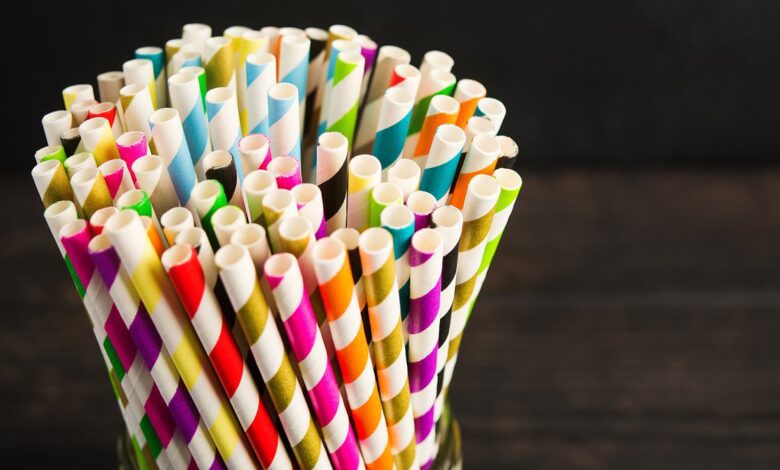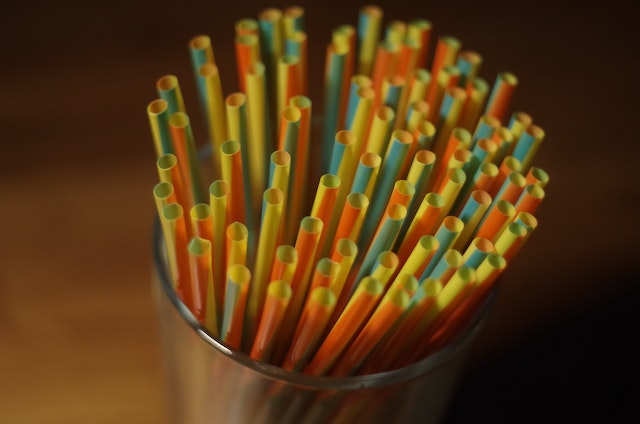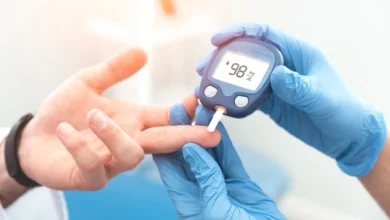Study reveals that paper straws are exactly as harmful as plastic; contain toxic and long-lasting chemicals
According to a European study, over 90% of environmentally friendly paper straws include PFAS, which are "forever chemicals" which literally means, the chemicals can stay forever in our body and do not readily degrade, thereby posing health risks.

We’ve all had that one crazy environmentalist friend that makes us want to act civilized but who also frequently annoys us by making snarky comments about silly things, which makes them sound rather cringe.
Well, guess whose turn has finally come to win that long-standing argument!
Environmentalists have a long-running battle with the plastic business. Are the chemicals on anyone’s mind? Every paper alternative is not simply the best solution, after all.
According to a European study, over 90% of environmentally friendly paper straws include PFAS, which are “forever chemicals” which literally means, the chemicals can stay forever in our body and do not readily degrade, thereby posing health risks.
39 different types of composed of paper, glass, bamboo, stainless steel, and plastic were evaluated by the researchers, who also looked for 29 distinct PFAS compounds in them. The majority of tested brands (69%) contained PFAS, and a total of 18 distinct PFAS were found. Paper were found to have the highest likelihood of PFAS contamination, with the chemicals being found in 90% of the brands tested, but in wildly varying amounts.
The substance most often found was perfluorooctanoic acid (PFOA), which has been associated to high cholesterol, a weakened immune system, thyroid disorders, and an increased risk of kidney and testicular cancer. Since 2020, PFOA has been prohibited worldwide. Trifluoroacetic acid (TFA) and trifluoromethanesulfonic acid (TFMS), two ultra-short-chain PFAS that may leach out from straws into beverages, were also found.
With PFAS discovered in 80% of the brands examined, bamboo straws performed only marginally better than paper ones. 75% of brands of plastic and 40% of brands of glass straws contained the chemicals.
None of the steel straws tested for PFAS contained any.
According to the experts, the PFAS contents were minimal and only slightly endanger human health. But the issue with PFAS is that they are bioaccumulative, which means that they can accumulate over time since they are ingested but not expelled.
Despite the fact that the study could not determine whether PFAS were added to the straws or if they were contaminated, such as by the soil where plant-based materials are grown, the researchers claim that practically every brand of drinking straws contains PFAS.

Given that all paper straw brands contain the chemicals, it is likely that PFAS was frequently used as a water-repellent coating. Additionally, the study did not investigate whether PFAS seeped into the liquid that the straws were submerged in. The researchers advise consumers to either stop using straws altogether or switch to stainless steel ones as a precaution.
“PFAS were found to be present in almost all types of straws, but primarily in those made from plant-based materials. These ‘eco-friendly’ plant-based straws are not necessarily a more sustainable alternative to plastic straws, because they can be considered as an additional source of PFAS exposure in humans and the environment (e.g. after degradation in landfills or through incomplete incineration).
The most sustainable alternative seems to be stainless-steel straws, which can be reused, do not contain PFAS and can be fully recycled. More research is needed on PFAS in FCM, the factors affecting the migration of PFAS into food and drinks, and the potential human risks posed by the use of these FCMs. Our results contribute to a further understanding of the potential human exposure pathway through FCMs, and the results are important in the context of public health.” Stated the Food Additives and Contaminants journal, published on 24th August, this year.
Just the right time to invest in a stainless-steel straws.
It’s a known fact that people find it fancy to drink beverages from straw and carry that Starbucks or soda-pop around, acting busy on laptops, some awareness about the materials used in that straw won’t be so bad, after all.
If you’re a queen of straws, or have been advised by your dear dentist on using straws while having tea or coffee to protect your teeth from yellow stains, it just might be the right time to invest in a stainless-steel straw.
People, choose wisely! For instance, learning how to properly protect your best buddy, Karen, who is a full-time environmentalist.
Please, also have a look into : From nuclear fallout to microplastics and greenhouse gases, earth enters ‘Anthropocene’



